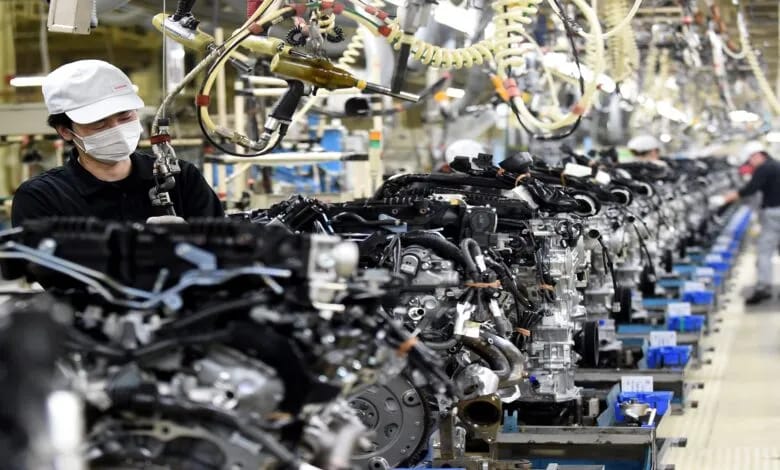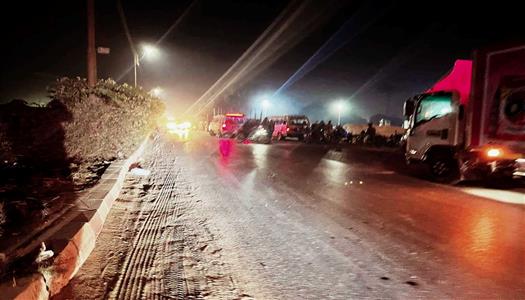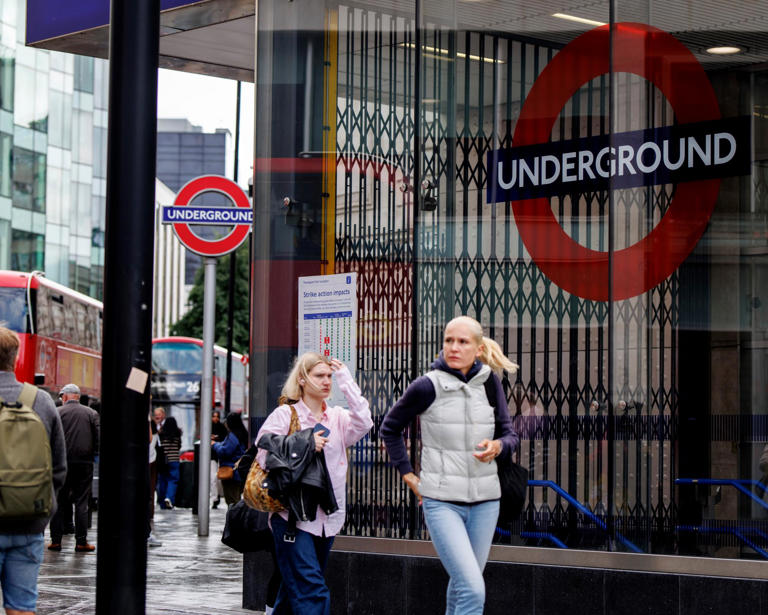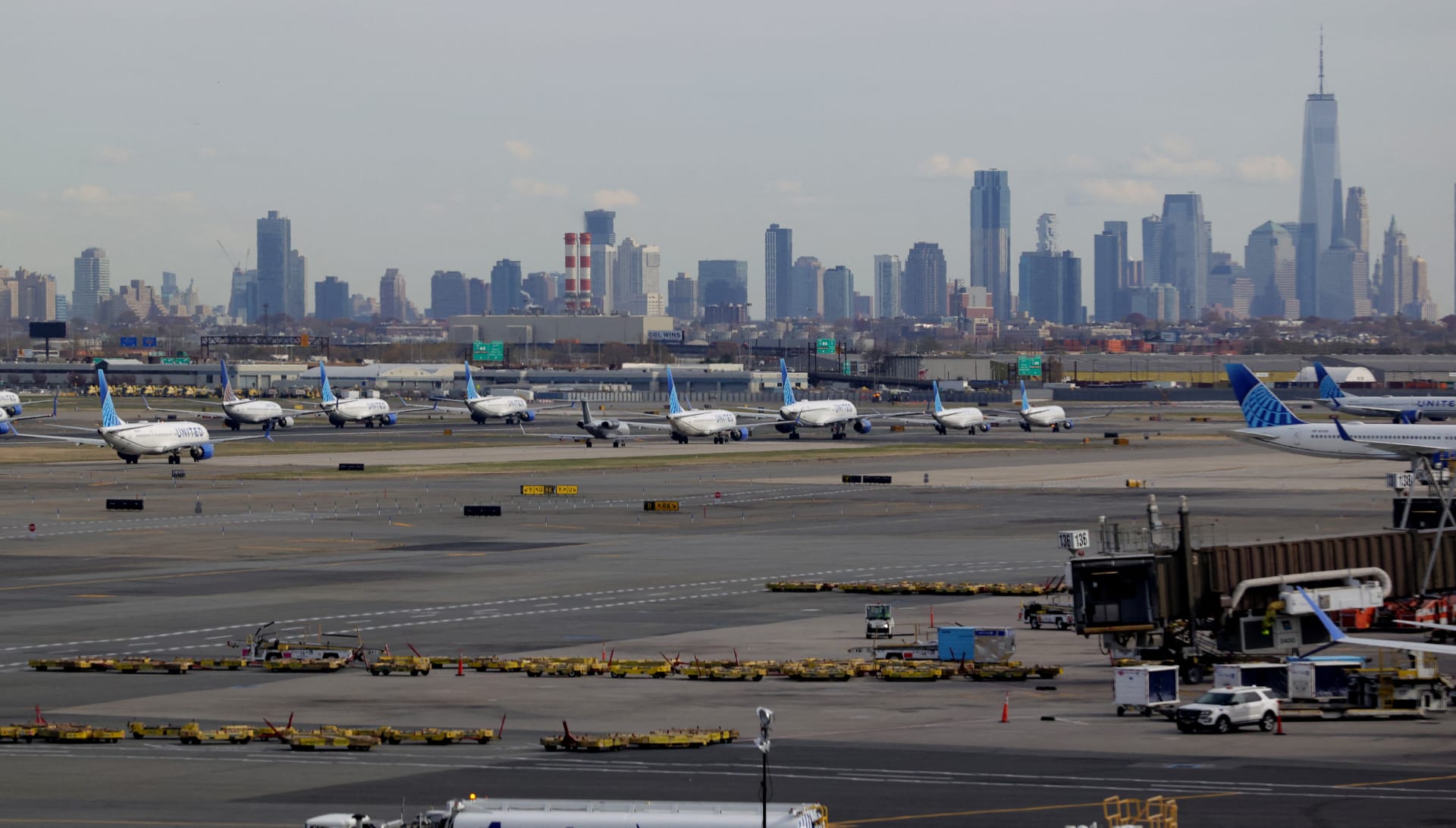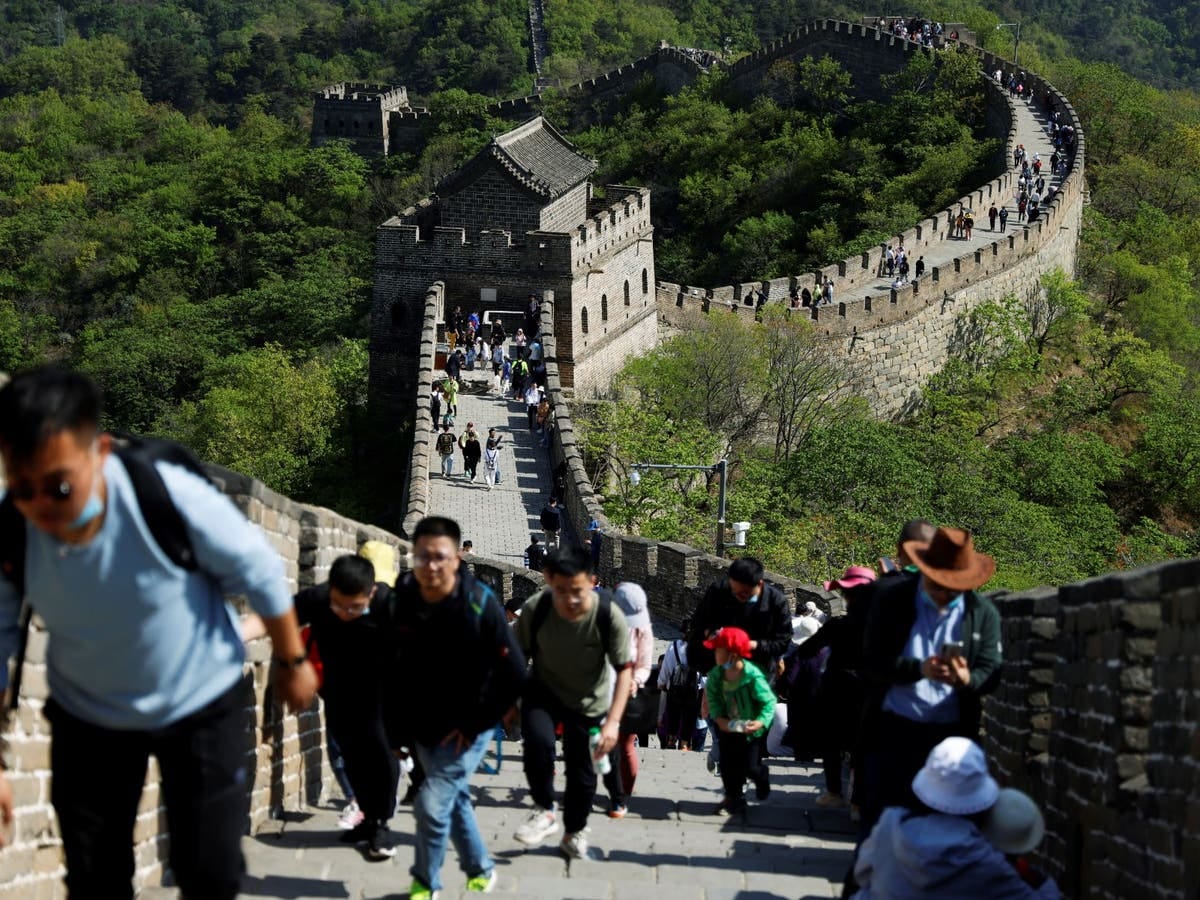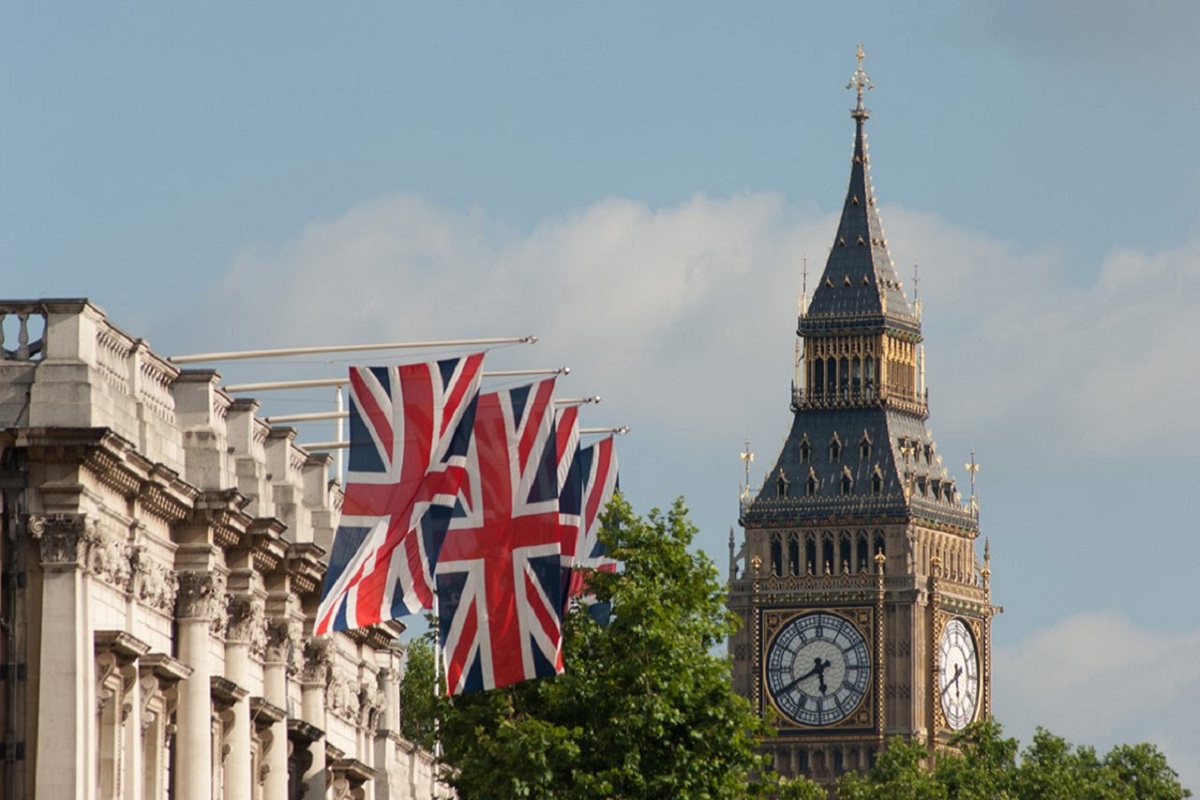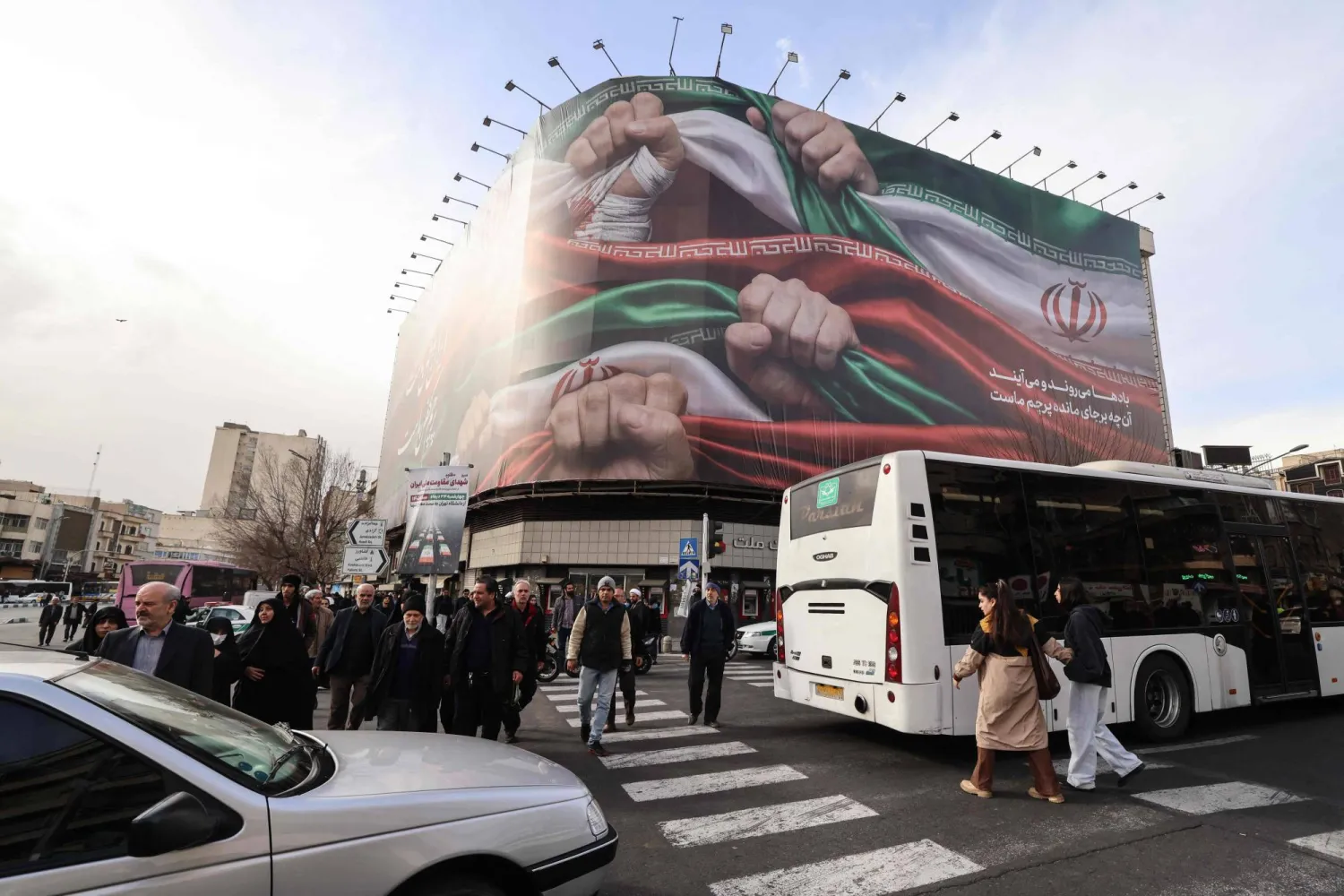Alsharq Tribune- zainab Hussin
Transport for London has invited the RMT to resume talks as the union’s week of strikes comes to a close, with the tube expected to restart gradually, with early disruption, on Friday.
TfL said London Underground trains were not expected to be running fully until the end of the morning rush hour, after the last in a series of strikes by 10,000 RMT members concluded on Thursday night.
Passengers were urged to check for updates before travelling, especially for journeys before 8am.
The RMT did not confirm whether it would accept TfL’s invitation to further talks next Wednesday, after saying further strikes could follow.
A union source said: “This is a step in the right direction from TfL and has only occurred due to the industrial pressure from RMT members this week.”
The RMT hopes to secure a shorter working week and tackle fatigue, but TfL has said any reduction was impractical and unaffordable. Four days of near-total closures on the tube network cut total patronage on TfL services, measured by contactless tap-ins, by at least 20% each day as many people stayed home.
Tap-ins were 25% below normal on Thursday, when only a small stretch of the Piccadilly line ran and travel was also affected by a separate strike on the Docklands Light Railway.
Buses, the Elizabeth line and London Overground services took on most of the additional strain, while tens of thousands more people cycled and hired ebikes to move through congested streets into the centre of the capital.
Ambulance calls to accidents involving bikes were up almost 30% to 36 in the first three days of the strikes from 28 in the same period last year – a smaller increase than that in the number of bike hires reported by TfL and the ebike firms Lime and Forest, which ranged from 60 to 100%.
The director of operations for the London Ambulance Service, Darren Farmer, said congestion had affected response times in a very busy week.
“We have also seen an increase in the number of road traffic collisions involving bikes so would ask drivers to avoid unnecessary journeys and pedestrians and cyclists to be extra careful on the busy roads,” he said.
Footfall in London was reported to be down by about 20% and more in some city and retail areas.
Bar and restaurant bookings were down by about 50%, according to data from the software firm Access Hospitality.








.png?locale=en)


